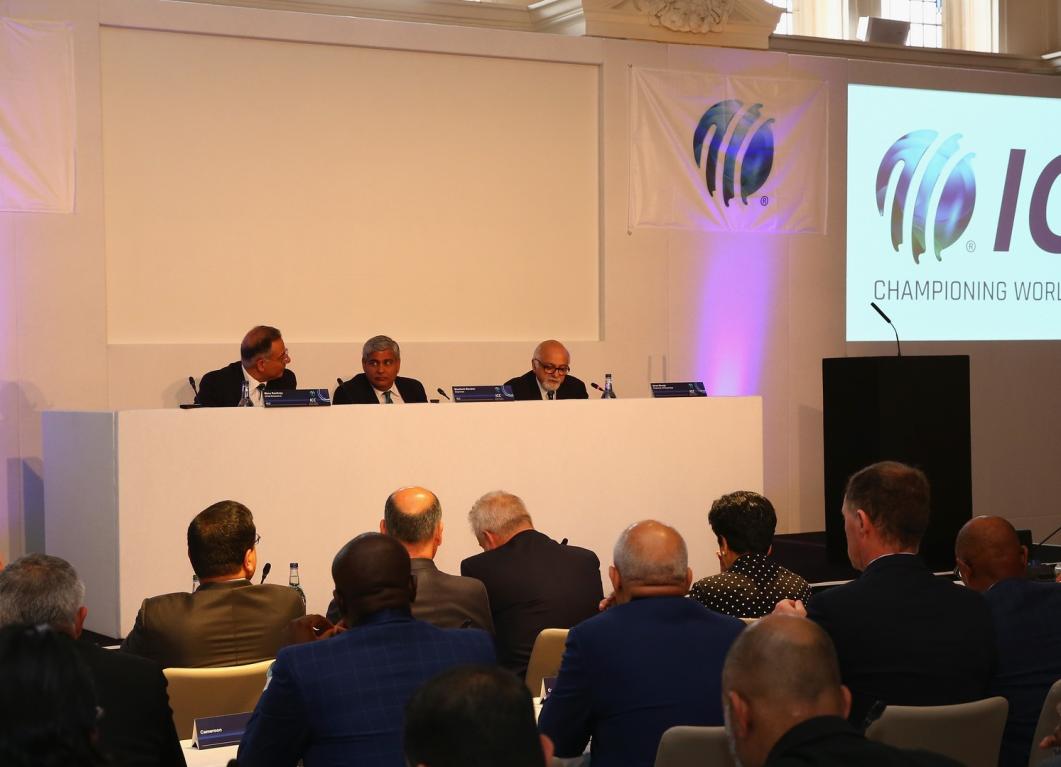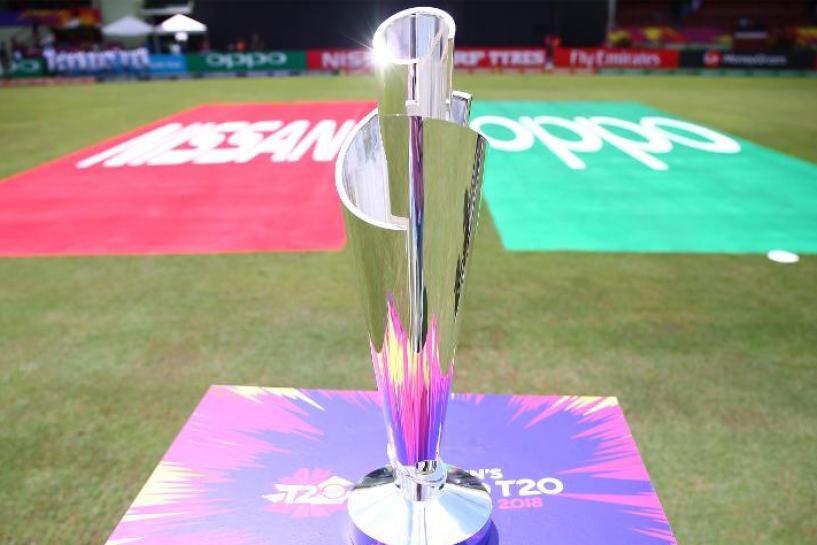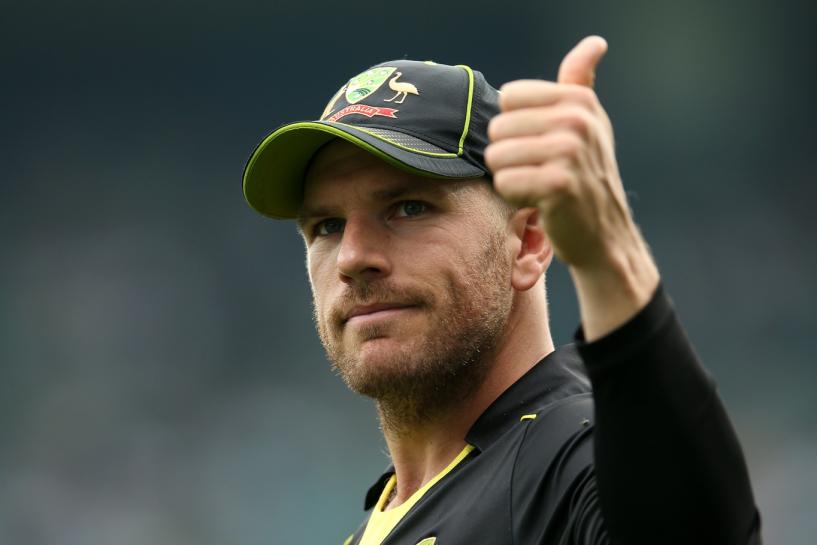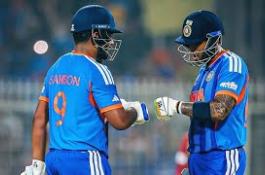Steve Richardson believes match-fixing law in India will be a ‘game-changer’

India as a cricketing nation is one of ICC’s largest markets. All the eyeballs of the cricket world are bound to be on India, as the country is scheduled to host two major ICC events, the ICC World T20 in 2021 and the ODI World cup in 2023. With the stakes being as high as they can be, Steve Richardson, the coordinator of investigations for the ICC's anti-corruption unit(ACU) believes that India needs to make match-fixing a criminal offence.
"India has got two ICC global events coming up: the T20 World Cup [in 2021] and the World Cup in 2023," Richardson said. "At the moment with no legislation in place, we'll have good relations with Indian police, but they are operating with one hand tied behind their back. We will do everything we can to disrupt the corruptors. And we do, we make life very, very difficult for them as far and as much as we can to stop them from operating freely.
"But the legislation would be a game-changer in India. We have currently just under 50 investigations. The majority of those have links back to corruptors in India. So it would be the single-most-effective thing to happen in terms of protecting sport if India introduces match-fixing legislation.”
Speaking at a panel discussion on 'Does India need a match-fixing legislation?' as part of the Sports Law & Policy Symposium, Richardson opined, ”I could actually deliver to the Indian police or the Indian government now at least eight names of people who are what I would term serial offenders, constantly approaching players to try and get them to fix matches. At the moment with the lack of legislative framework in India it is very limited what the police can do, and to that extent they have my great sympathy because they try as professionally and hard as they can to make the existing legislation work, but the reality is it wasn't framed with sports corruption in mind.”
Richardson believes the law would deter potential corruptors and hence the focus on players will be lesser. "So the reason that there is an imperative for legislation specific to match-fixing - yes, it is about the players, but more importantly it is about those outside the sport who actually corrupt the players and are organising and pulling the strings of these networks. Those are the people I would like to see dealt with under match-fixing law,” he added.
"I see this from a slightly different perspective inasmuch as I do not see the players as the main problem when it comes to match-fixing," Richardson said. "The players are the final link in the chain who actually would go out on to the pitch and perform any act if they had agreed to do so. The problem that I see is further upstream and it's in the people who are organising the corruption, people who are paying the players the money, and most of those sit outside of the sport.”
[ESPN Cricinfo inputs]























